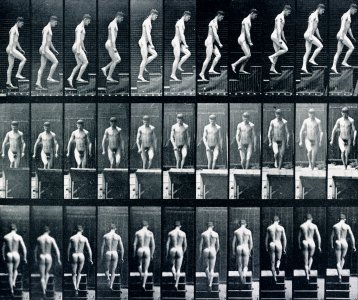La pièce voilée ‒ mécanismes de la transparence entre le roman et son adaptation
Résumé
During the 19th century, the Naturalist movement made several changes to the form and the content of the novel. Inspired by the experimental method of science, Naturalism aimed to draw a precise portrait of the society and of human relationships through an objective style. Thus, the novel becomes a means for analysing society, in particular the human mind and its impulses, with the intention of making the world and its elements intelligible and transparent.
Because of its aspiration to faithfully reproduce the real, especially thanks to the inclusion of irrelevant details, the naturalist novel lends itself to adaptation and transformation into other modalities, such as theatre. Therefore, convinced that naturalism should extend its method to include dramaturgy, Émile Zola, chef de file of naturalism, decided to self-adapt his novel Thérèse Raquin for the stage, on the basis of the principles that underlied the writing of the novel.
At the theatre, transparency is not the same as in the novel. While the writer shows the events from an inner point of view, the play provides the audience with a neutral overlook on the characters and their situation. Nevertheless, trying to apply the method of the novel to the play, Zola makes the relationships between the characters and the events difficult to understand. Indeed, Zola uses a narrative mode instead of a showing mode, producing a curious contradictory effect of transparency: if on the one hand the characters and the events can be observed in an objective manner, on the other hand their inner personality is not showed and the play loses the psychological aspects of the novel.
Téléchargements
Publiée
Comment citer
Numéro
Rubrique
Licence
(c) Tous droits réservés Elephant & Castle 2023

Ce travail est disponible sous la licence Creative Commons Attribution 4.0 International .






